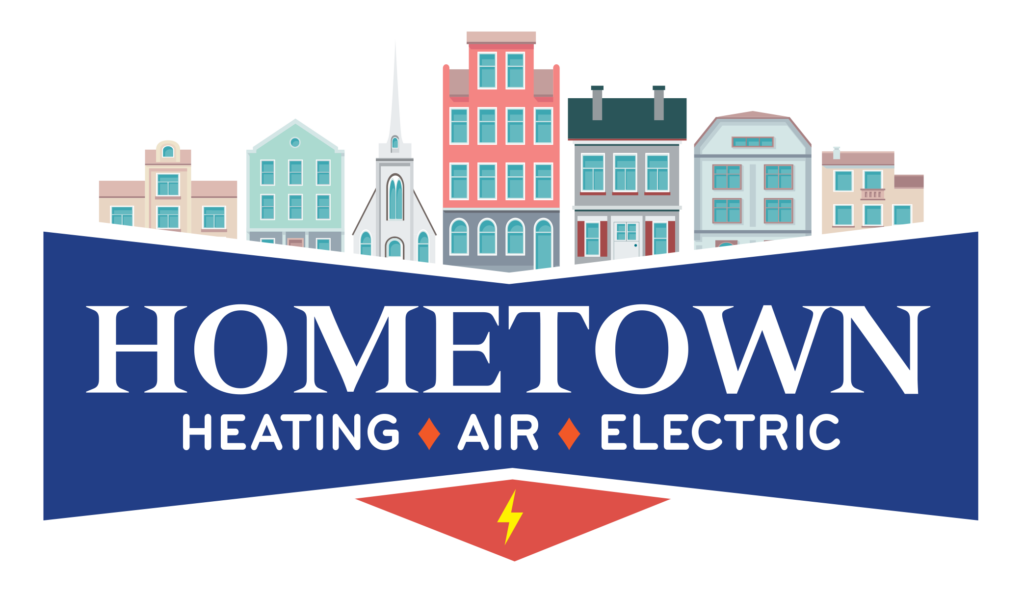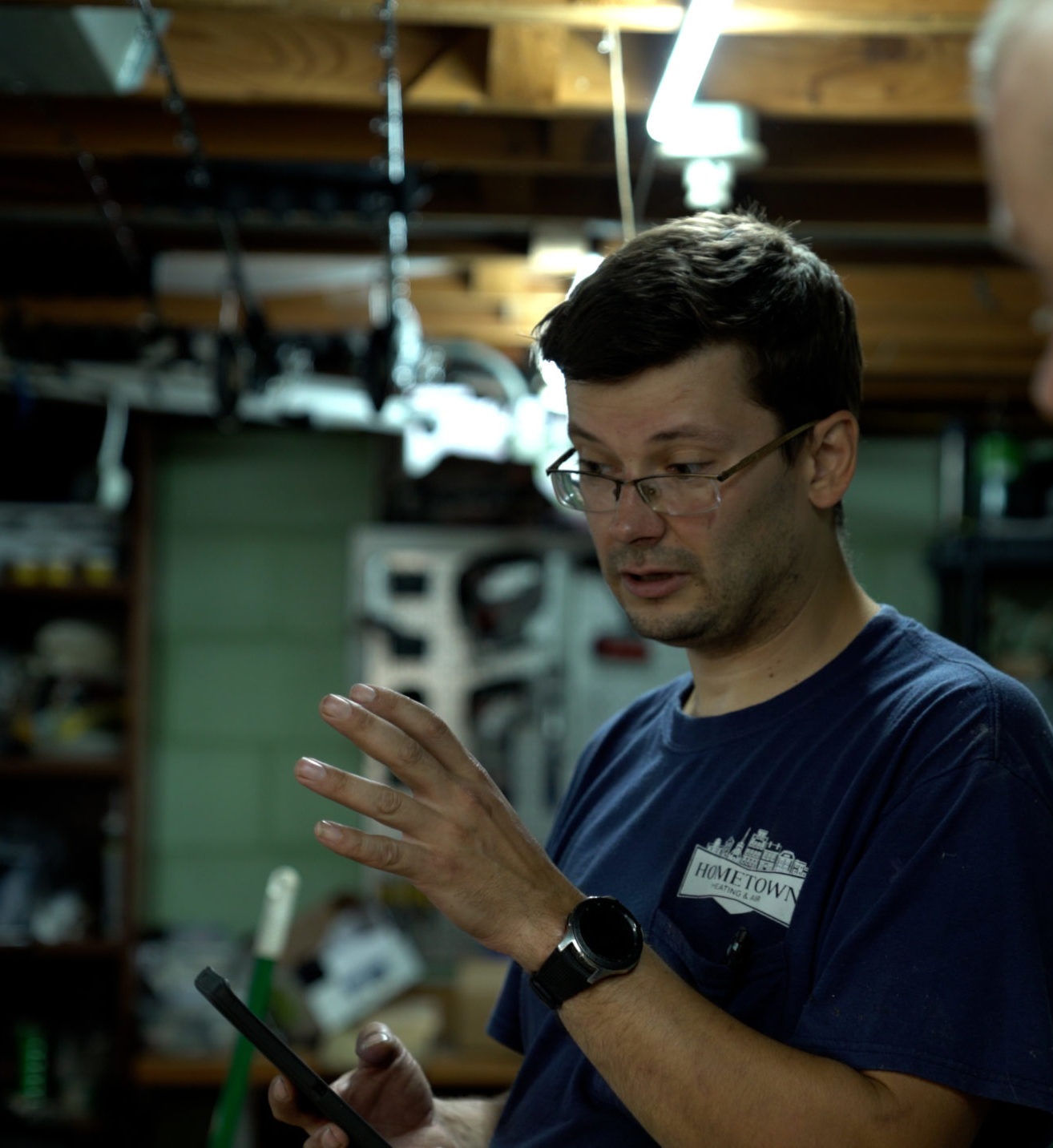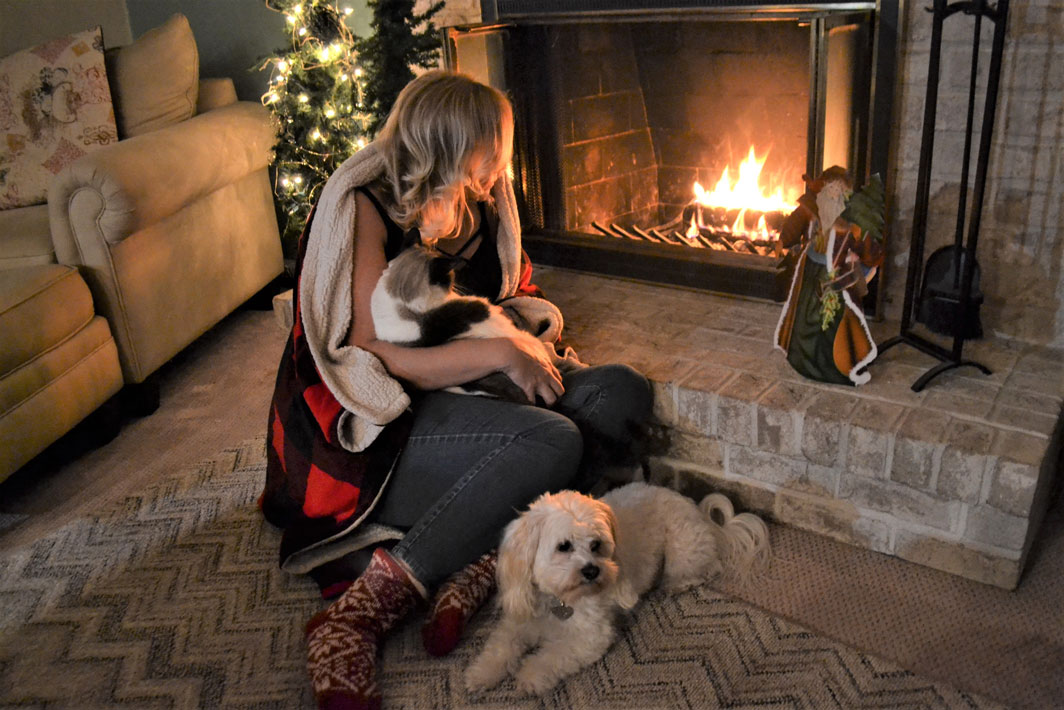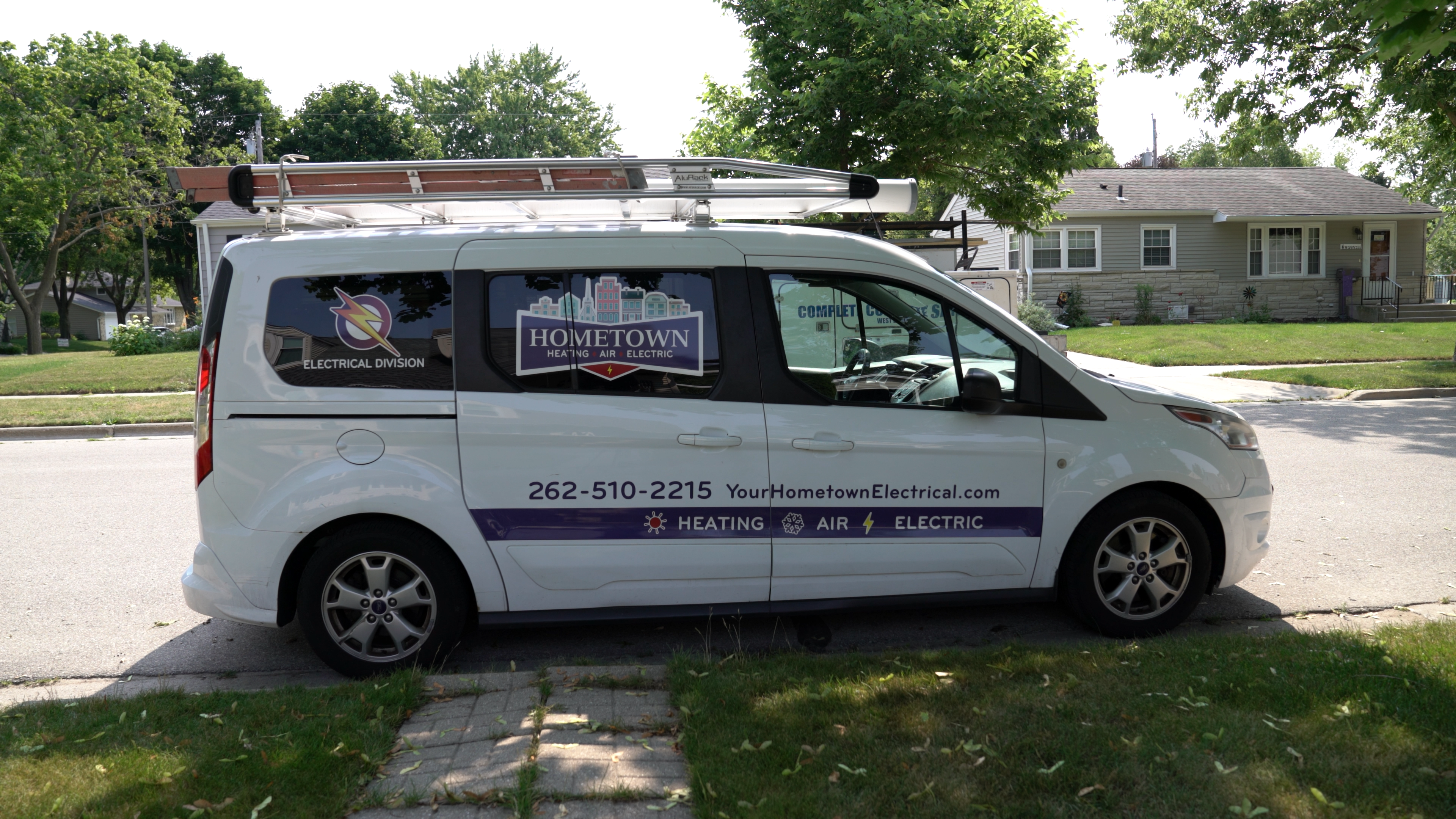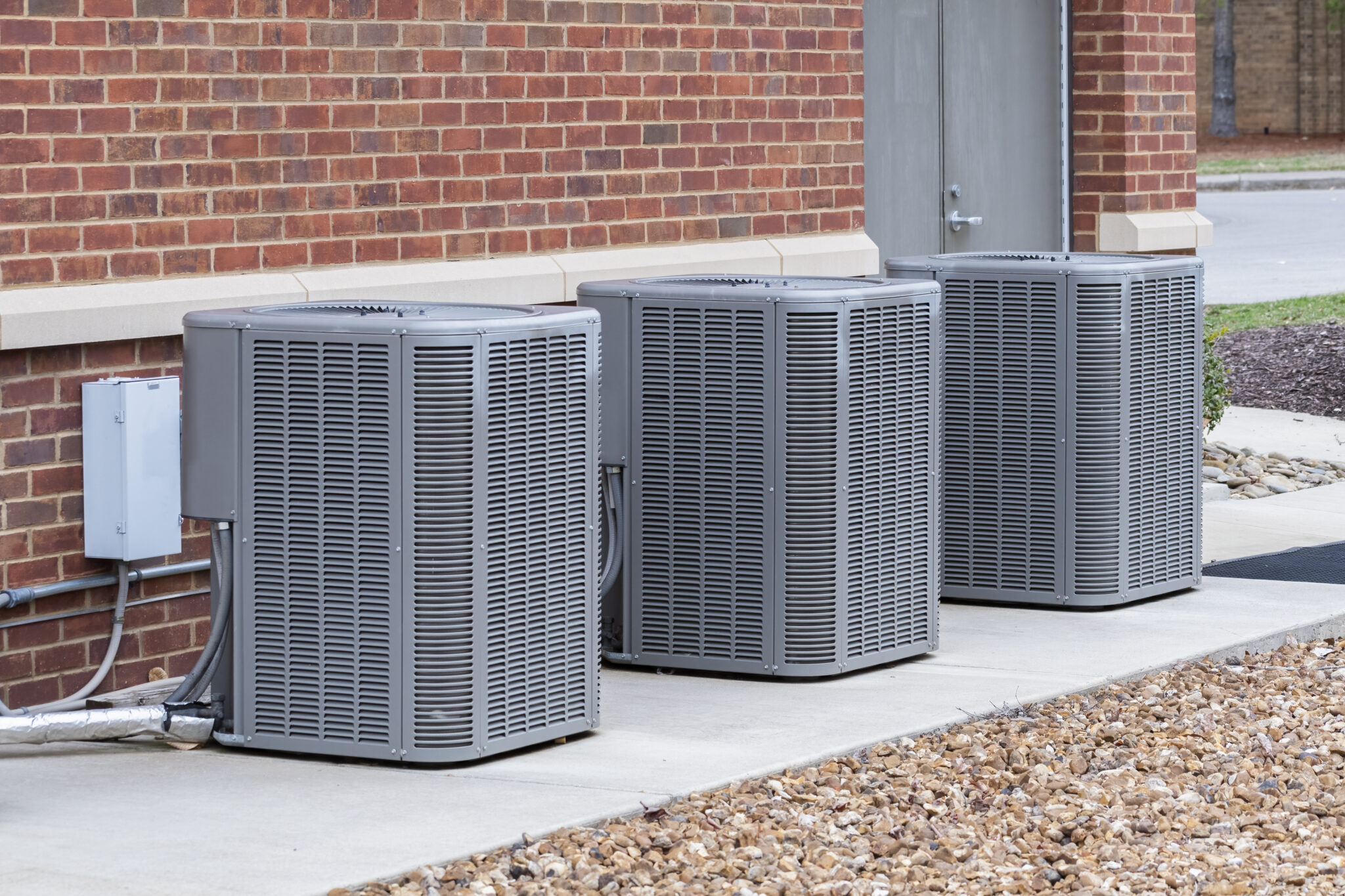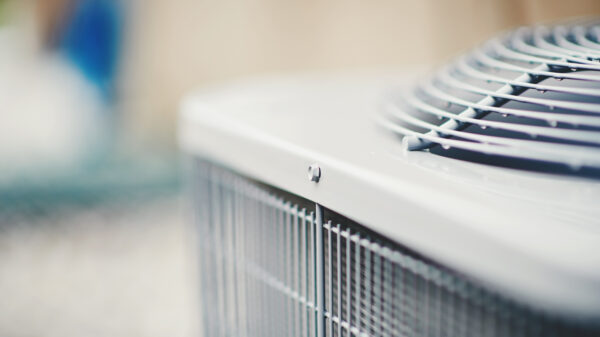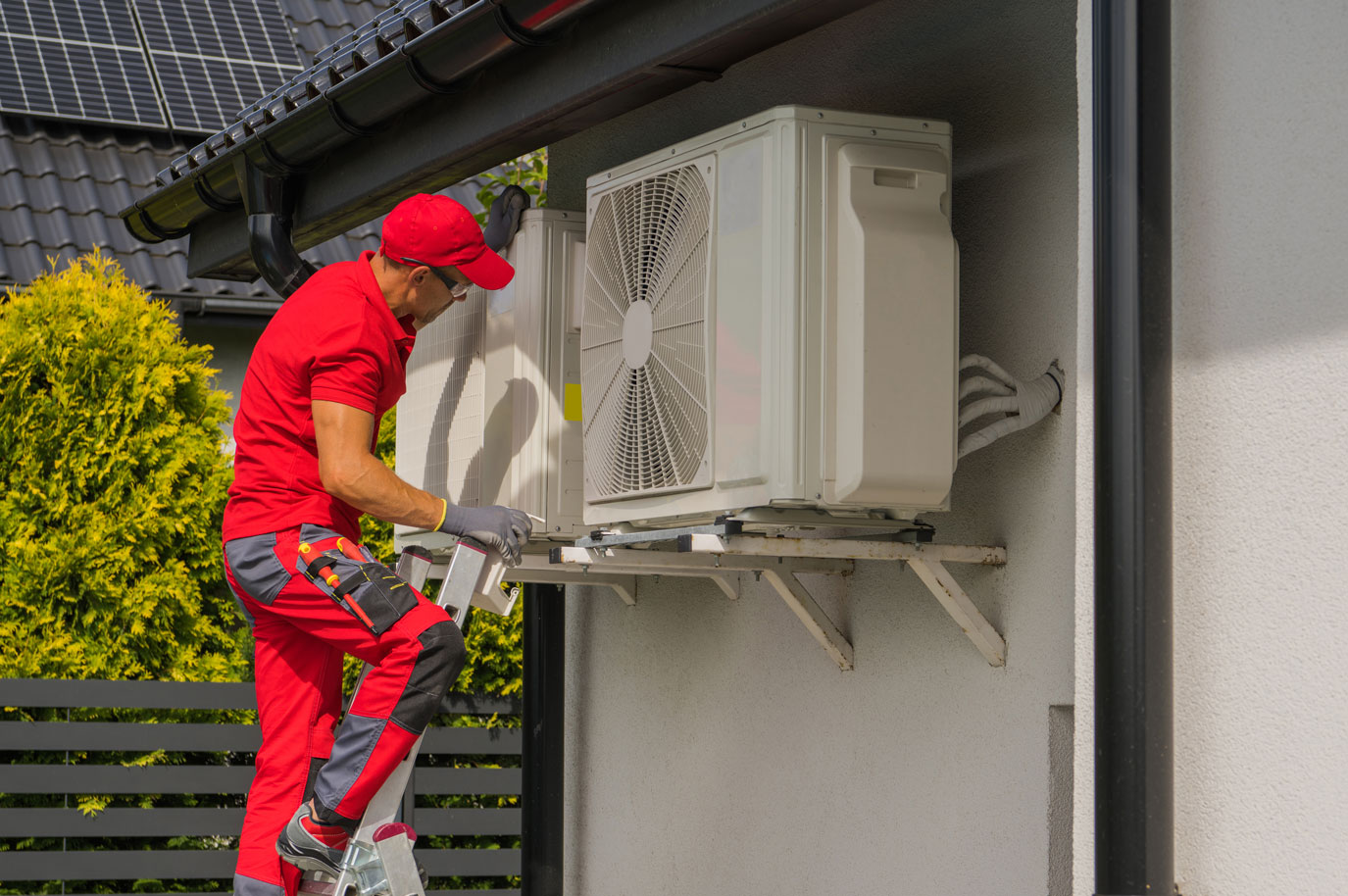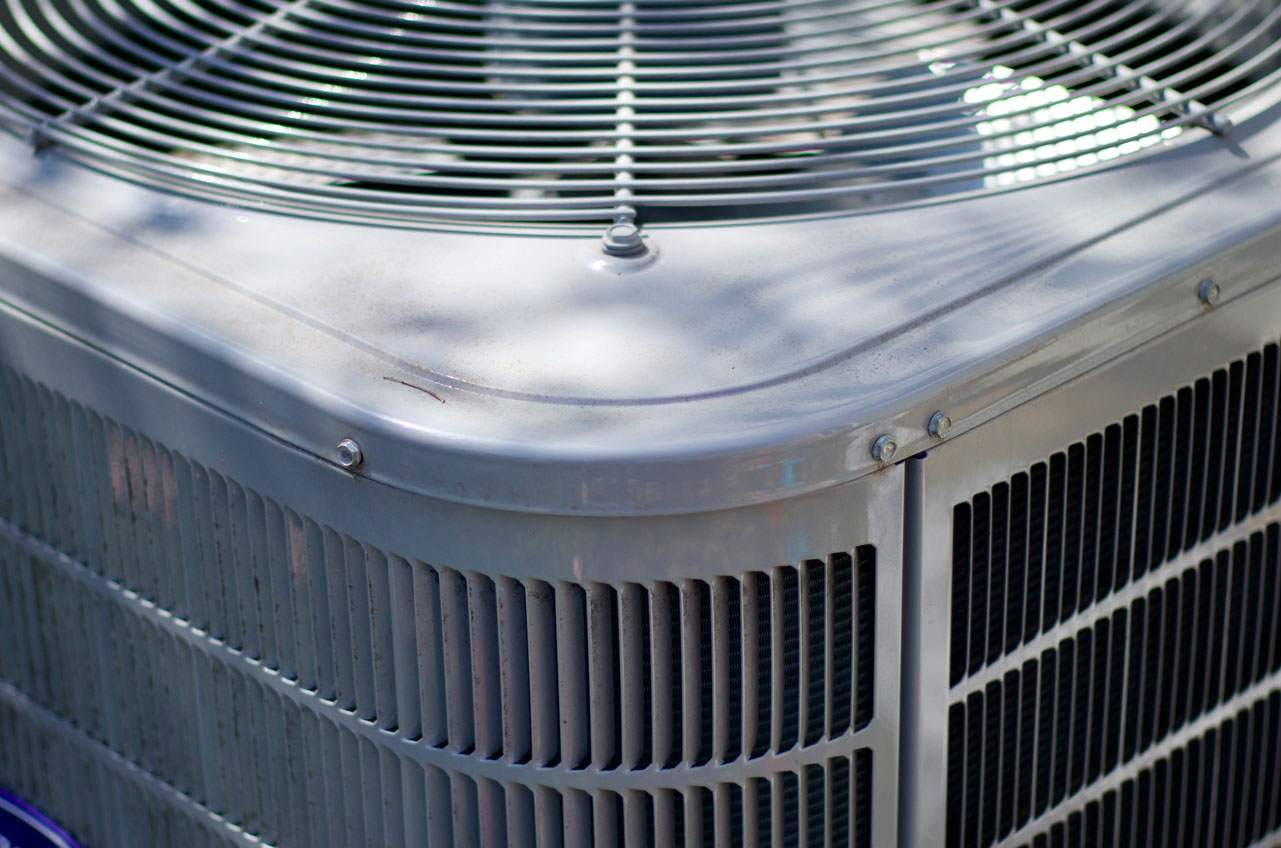As the leaves begin to change and temperatures drop, it’s time to think about your home’s heating system. If you have an older one, it may be time to replace your boiler before the cold arrives. Replacing it can save you from discomfort and high energy bills.
In this blog post, let’s explore why you should consider a boiler replacement before winter arrives.
Why Replace Your Boiler Now?
- Avoid Mid-Winter Breakdowns: Nothing’s worse than a failing boiler during a cold snap. By replacing your boiler now, you’ll avoid potential breakdowns when you need heat most.
- Improve Energy Efficiency: Newer boilers are more efficient. Replacing your old unit can lead to significant energy savings throughout the cold season.
- Ensure Consistent Comfort: A new boiler provides reliable, consistent heat. Don’t let an aging system leave you in the cold.
- Take Advantage of Off-Season Pricing: Many HVAC companies offer better deals before the winter rush. View our boiler page to find a special savings discount off any service call.
Signs It’s Time to Replace Your Boiler
- Age: If your boiler is over 15 years old, it’s time to consider a replacement.
- Frequent Repairs: Constant fixes can add up. A new boiler might be more cost-effective.
- Rising Energy Bills: An inefficient boiler works harder, increasing your utility costs.
- Uneven Heating: Cold spots in your home? Your boiler might be struggling.
Benefits of a New Boiler Installation
Modern boilers offer numerous advantages, including the following:
- Higher efficiency ratings
- Better temperature control
- Quieter operation
- Smaller footprint
- Improved safety features
Types of Boilers We Service
At Hometown Heating, Air & Electric, we offer repair, installation, or maintenance services for multiple types of boilers, including the following:
- Gas Boilers: Efficient and widely used
- Oil Boilers: Great for areas without natural gas lines
- Electric Boilers: Safe and eco-friendly
- Coal Boilers: Less common but still used in some areas
Each type has its pros and cons. Our experts can help service whichever type of boiler you have in your home.
Don’t let the cold catch you off guard. Replace your boiler before winter hits to ensure a warm, comfortable home all season long. At Hometown Heating, Air & Electric, we’re here to ensure your boiler is working all winter long.
Contact us today to schedule a consultation and learn more about our boiler and HVAC system repair, installation, and maintenance services. Don’t wait until you’re left in the cold – act now for a cozy, efficient winter!
